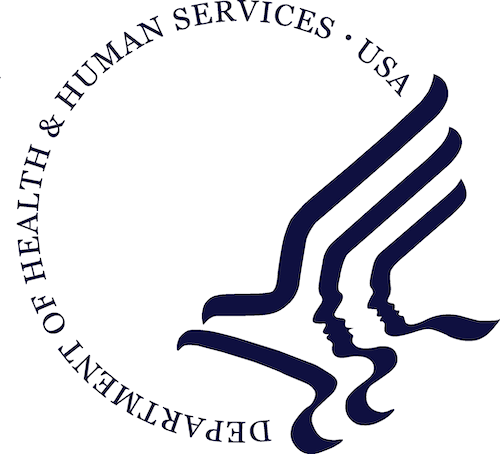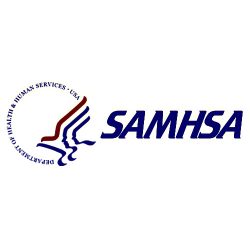HHS Provides More than $1.5 Billion in State and Tribal Opioid Response Grants

The U.S. Department of Health and Human Services (HHS), through the Substance Abuse and Mental Health Services Administration (SAMHSA), today allocated more than $1.5 billion in FY25 continuation funding awards for the State Opioid Response (SOR) and Tribal Opioid Response (TOR) grants
Cannabis Use – An Examination of National Trends and Protective Strategies for Youth and Young Adults

SAMHSA’s Office of the Chief Medical Officer will host a webinar on the topic of Cannabis Use on September 8, at 3-4pm ET.
2025 Recovery Month Toolkit

This year’s theme, Recovery is REAL: Restoring Every Aspect of Life, reminds us that health, home, community, and purpose are the pillars recovery is built on.
SAMHSA Announces $19M in Supplemental Funding to Strengthen Housing Capacity for Homeless People with Serious Mental Illness

The Substance Abuse and Mental Health Services Administration (SAMHSA) is awarding $19 million in new supplemental funding to states through the Community Mental Health Services Block Grant (MHBG) for efforts to address the intersection of homelessness and serious mental illness (SMI).
Join SAMHSA’s Webinar on Partnering with Crisis Services in Early Serious Mental Illness Programs

Wednesday, September 3, 12–1 p.m. ET
SAMHSA Releases Behavioral Health Workforce Self-Care Fact Sheet

Promoting Well-being for Recovery and Behavioral Health Care Providers, offering tips and resources for better health and wellbeing among the behavioral health workforce.
Workforce Training for New Behavioral Health Staff

This course introduces foundational concepts for behavioral healthcare workers supporting people experiencing homelessness with serious mental illness or substance use disorder.
Release of the 2024 National Survey on Drug Use and Health: Leveraging the Latest Substance Use and Mental Health Data to Make Americans Healthy Again

As we embark on a bold new path to MAHA, having timely data to inform policy, program and practice are essential. For more than four decades, SAMHSA’s National Survey on Drug Use and Health (NSDUH) has been the federal government’s trusted source of information on substance use and mental health.
SAMHSA Releases Annual National Survey on Drug Use and Health

Today, the Substance Abuse and Mental Health Services Administration (SAMHSA) released the results of the 2024 National Survey on Drug Use and Health (NSDUH), which shows how people living in the United States reported their experiences with mental health conditions, substance use and pursuit of treatment.
SAMHSA Program to Advance Recovery Knowledge Webinar Series

Join the SAMHSA Program to Advance Recovery Knowledge (SPARK) initiative this summer for a webinar series for behavioral health professionals and providers working in recovery and peer-run organizations. You are welcome to attend any or all events.

